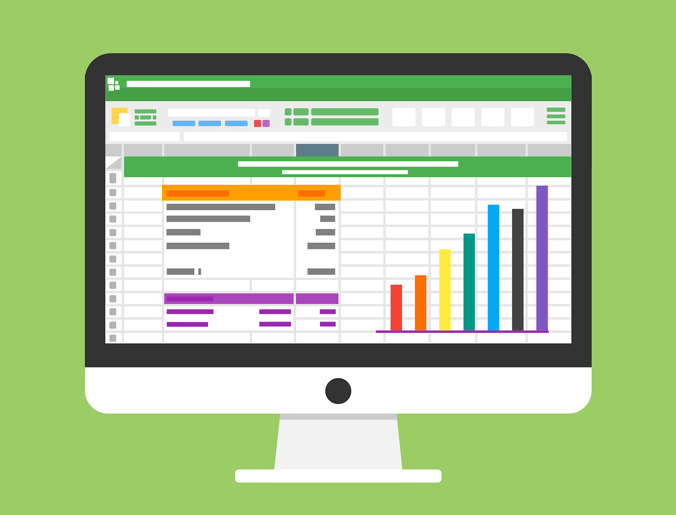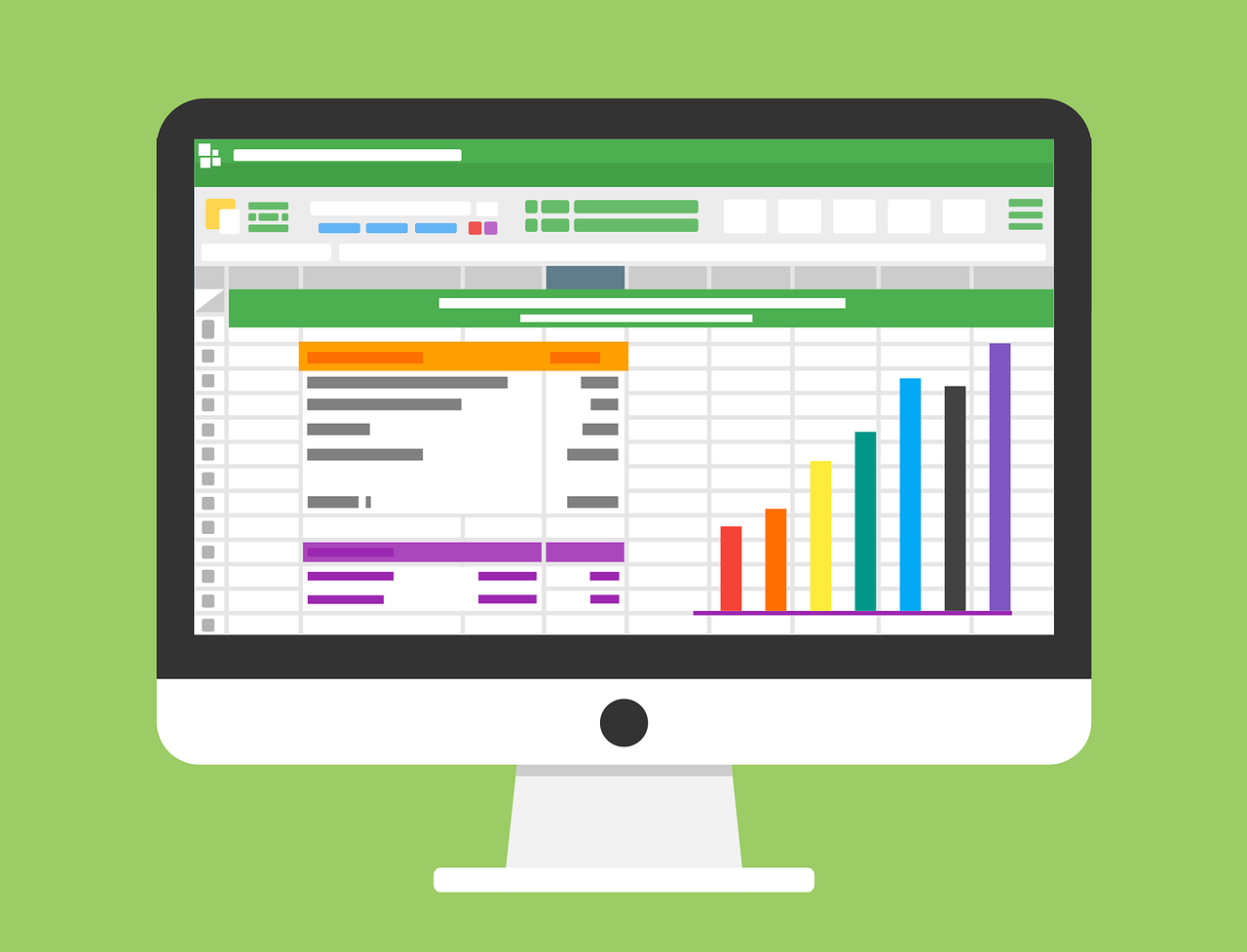
The news is out. Germany’s economy showcased a significant slowdown in 2019, the results of which have led the Deutsche Bundesbank, the country’s central bank, to drop projections for GDP growth in 2020 from 1.6% to 1.2%.
Such a drop seems deeply concerning at first glance. Yet, these numbers don’t tell the whole story. In this post, we’ll take a step back to provide you with a sense of the bigger picture for Germany’s 2020 economic prospects. Much to your surprise, you’ll find out it’s not looking quite like the doom and gloom image painted by much of the media.
Strong Underlying Forces:
Germany’s economy is built on a solid foundation and is capable of maintaining stability even amidst global political turbulence. It’s continued strength can be attributed to a number of factors, but there are three that stand out: 1) German companies do not overborrow and, as a general rule, are quite frugal; 2) The country’s companies maintain mutually respectful and beneficial relationships with employees; and 3) Employee job training starts young and is a high national priority.
With this solid basis, Germany’s economy is able to weather the storms of global politics with minimal damage.
Rising Incomes, Increased Spending:
GDP isn’t the only important indicator of a country’s economic health.
Germany’s workers can expect an increase in income in 2020, which is likely to have a positive outcome on consumption. Though this increase is slightly below that for 2019, it still bodes well for the economy in consumption-related sectors.
In other words, 2020 remains a promising year for consumer product companies looking to expand into the German market.
Unemployment Numbers Projected to Remain Stable:
The current economic decline is not expected to have a significant impact on the country’s unemployment numbers. In fact, current projections place the employment rate at 4.8% for 2020, slightly lower than 2019’s 4.9%.
Labor will likely remain in demand across the majority of sectors.
Weakening of Exports Expected to be Short-Term. Domestic Demand on the Rise:
Though exports will likely slow at the beginning of 2020, imports are expected to remain strong. Towards the end of the year, the Bundesbank projects exports will rise again, reaching healthier numbers.
Construction and Domestic Service Sectors Going Strong:
Expectations are high for the construction and domestic service sectors. Experts expect to see continued growth in both areas of the country’s economy.
Foreign companies specializing in these areas may well consider entering into the German market in 2020.
If you are considering taking the steps to integrate your company in Germany in the next year, visit our website to see how we at Market Expansion Services (MES) can help you. We specialize in assisting local companies step correctly into the German and Greater European marketplace. It’s our job to navigate the tricky legal waters of your market expansion.
Feel free to reach out any time with questions on our services via our contact form. We can’t wait to hear from you.


